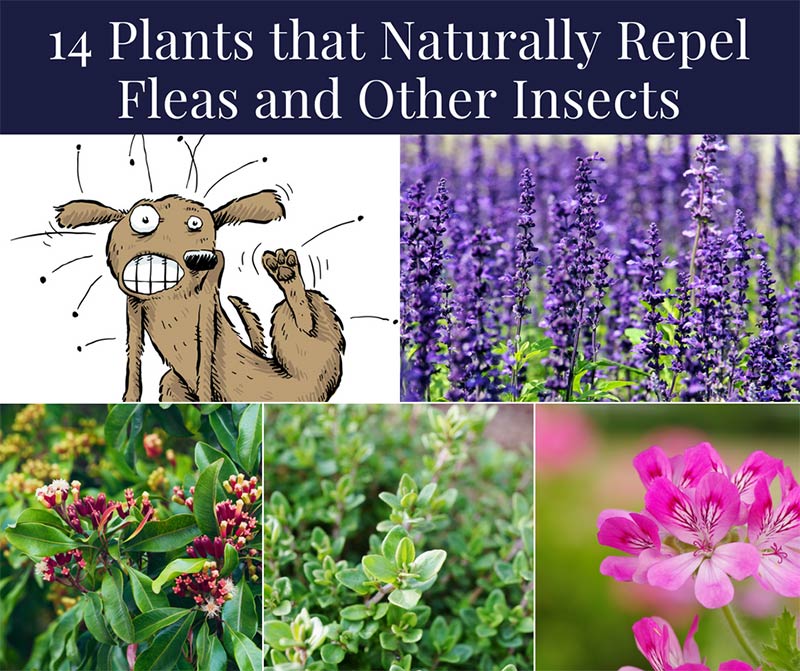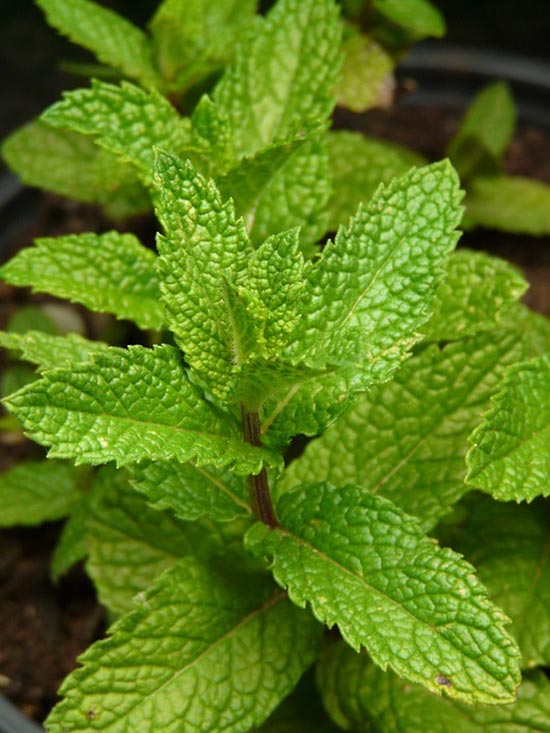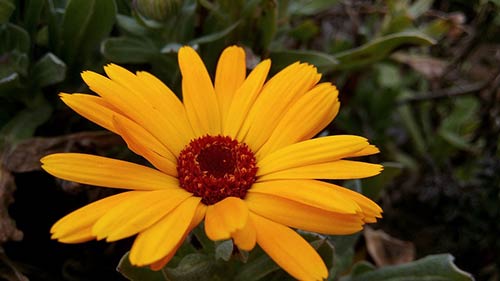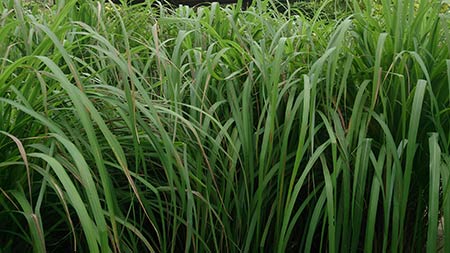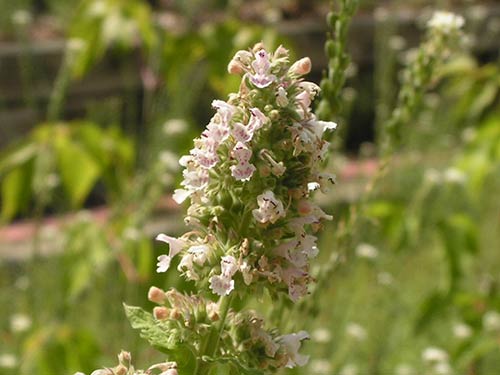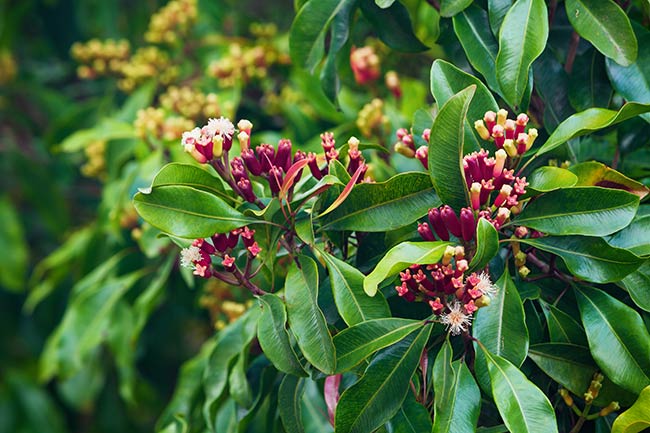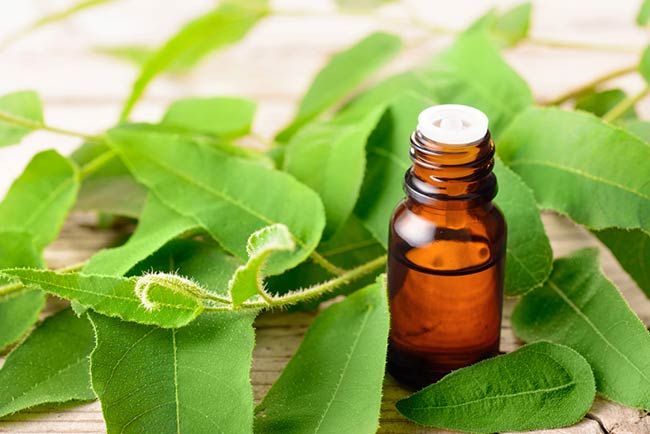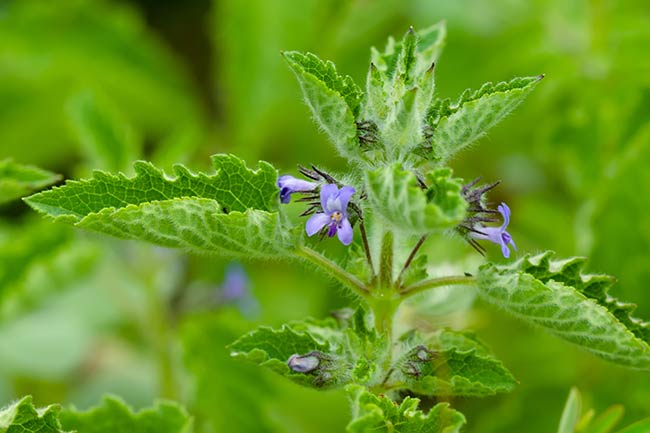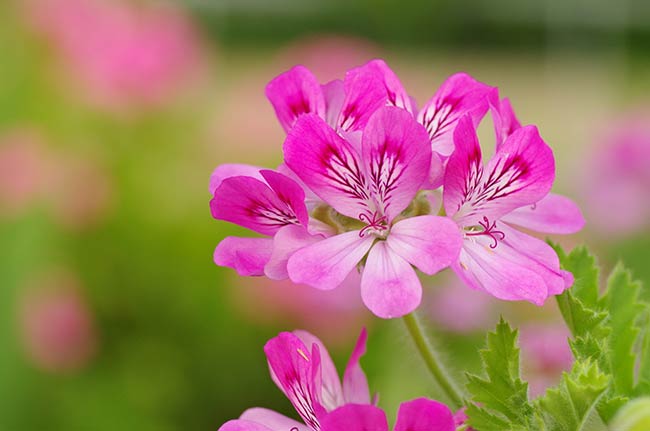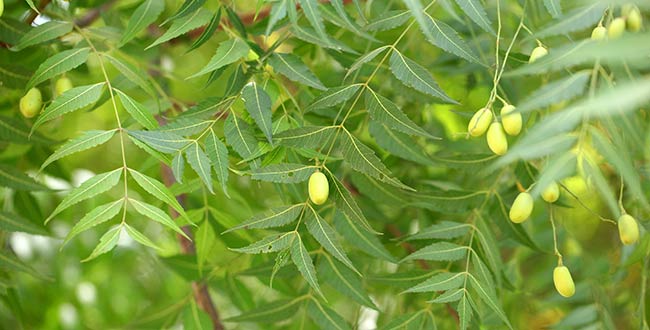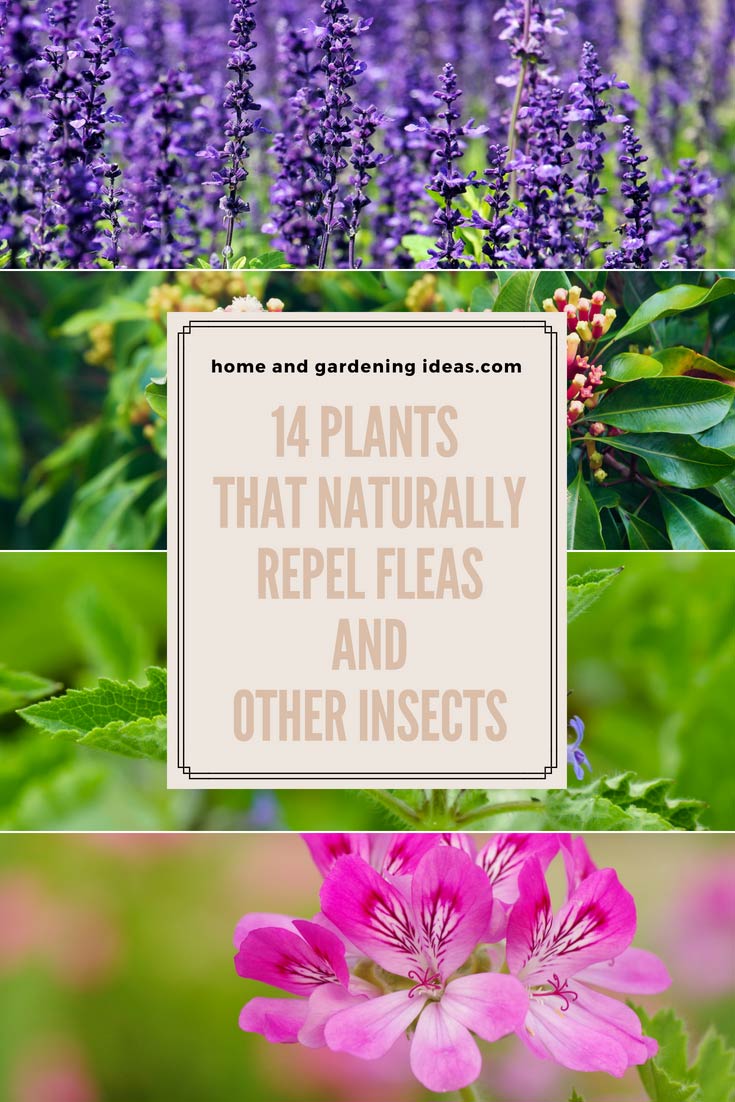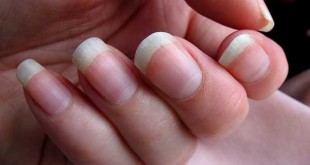14 Plants that Naturally Repel Fleas and Other Insects
Are you sick of dealing with fleas and insects? Unfortunately, your pets can gather fleas in all seasons, including winter. Insect and flea problems exist year-round, and it’s a frustrating problem to have.
Plants are a powerful way to repel fleas and other insects without having to turn to chemicals that might be harmful to your family. Try planting one or several of these plants around your house. You can put a few in planters and containers around your sitting area on your patio. Add a few in pots throughout your house!
14 Plants that Repel Fleas and Other Insects
Lavender
Many insects, including fleas and mosquitoes, don’t like the smell of lavender. Everyone loves the scent of lavender, so it’s the perfect plant to put in your garden. Lavender is beautiful when it blooms!
Many people have no idea that lavender also falls under the mint family, which is why it successfully repels insects. You can repel fleas and mosquitoes inside and outside with lavender, and lavender is safe for many animals, so you can add it to their shampoos and other bath products.
Lemon Balm
Lemon balm works well for repeling mosquitoes because the strong, incense-like odor deters them. Their scent is similar to citronella, which gives a lemony scent and flavor that bugs find really unpleasant.
To use lemon balm as an insect repellent, crush the leaves and rub them directly onto your skin, especially around your ankles, and other exposed areas.
Remember that lemon balm, like all plants in the mint family, is invasive and will spread widely in your garden. It is best to keep lemon balm in a pot, otherwise, your entire garden bed will be lemon balm.
Basil
Basil is one of the best herbs to grow for culinary purposes, but mosquitoes hate the smell of basil. You can rub basil on your skin as a fast, natural insect repellent. Basil oil repels any mosquitoes that may be hanging around.
Marigolds
Gardeners who use companion plant often use marigolds to repel insects in their veggie gardens. Marigolds also repel mosquitoes. Just plant them in containers on your patio wherever you don’t want mosquitoes to bug you. Try planting them in front of the entrances to your home as well as any entry points to stop them from entering your home.
Peppermint
Most insects, especially the biting ones, don’t like the scent of peppermint. Crush the leaves and rub it on your skin to help ward off insects. You can plant peppermint throughout your garden to keep away pests.
Peppermint also acts as an itch relief if one of the insects decides to slip past the peppermint and take a bite. Not a fan of peppermint? Spearmint is another plant in the mint family that repels all types of insects, and it loves the partial shade!
Citronella
Everyone knows that citronella candles are a go-to choice for repelling insects, but you can also plant citronella around your garden to repel insects. Citronella can grow up to 6 feet tall and tends to irritate your skin. However, it is a powerful choice if you have a lot of bugs that bother you.
Catnip
Catnip is arguably one of the strongest herbs that repel mosquitoes and other bugs. Some compare using catnip to the usage of DEET, which is a toxic ingredient in commercial bug repellents. Catnip also repels cockroaches!
You can use catnip just like you use lemon balm, by crushing it and rubbing it onto your skin. Cat owners should consider where you plant your catnip. One day, you might find your cat roll around in your garden, crushing the plants. Try to plant catnip away from the rest of your garden so that your cat doesn’t accidentally damage other plants nearby.
Thyme
If your patio is mostly shaded, you might think that you are out of luck. Thyme grows well in areas that are shaded, and thyme particularly doesn’t like strong, midday sun. Thyme leaves repel fleas and other pests that bother you when you are indoors and outdoors.
Clove
Clove essential oil is used in toothpaste and cosmetics, but it is also a strong flea and mosquito repellent. If you’ve ever smelled or taste clove oil, you understand why! You can add clove oil to your shampoos or a spray for your animals to deter fleas.
Lemon Eucalyptus
Lemon eucalyptus is similar to lemon balm and citronella because that lemony scent deters insects from bothering you. This herb gives off an essential oil called Citronellal, which has been used for centuries as a way to repel mosquitoes and other pesky insects. You can use the plant or the oils from the plant in lotions, sprays, and shampoos to repel fleas in your pets.
Garlic
Garlic has natural antimicrobial properties that help to deter common garden insects. You can plant garlic under flowering plants to protect them from insects that want to destroy your plants.
Wildhops
A study showed that wildhops, also called bushmint, deterred mosquitoes and fleas when left to smolder on charcoal. The study left the smoldering leaves on charcoal for two hours and it provided sufficient protection. If you don’t want to burn the leaves, you also can plant fresh wildhops in a container which will repel fleas and others inside and outside your home.
Rose Geranium
Some people believe that Rose germanium plants repel fleas and other bugs for over three hours. You can extract alcohol obtained from the plant and apply it topically. Remember to always plant garlic underneath your rose bushes to eliminate pests.
Neem
The neem tree grows in India, and the twigs are used as toothbrushes! Neem trees have high medicinal values, such as preventing and curing different skin diseases.
Neem oil is commonly used in gardens as a form of pest control. Instead of killing insects, neem is an antifeedant and repellent for insects. You can burn the dried leaves of the neem tree to repel mosquitoes and other bugs in your garden. Try a neem leaf bath to repel adult fleas, eggs, and larvae on humans and pets!
pinterest image
 Home and Gardening Ideas At home and Gardening ideas we believe inspiring readers about homesteading, self sufficiency
Home and Gardening Ideas At home and Gardening ideas we believe inspiring readers about homesteading, self sufficiency
